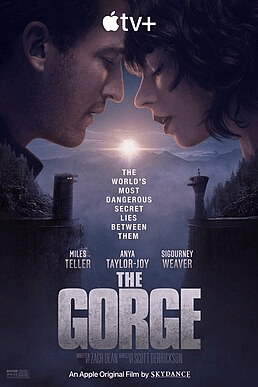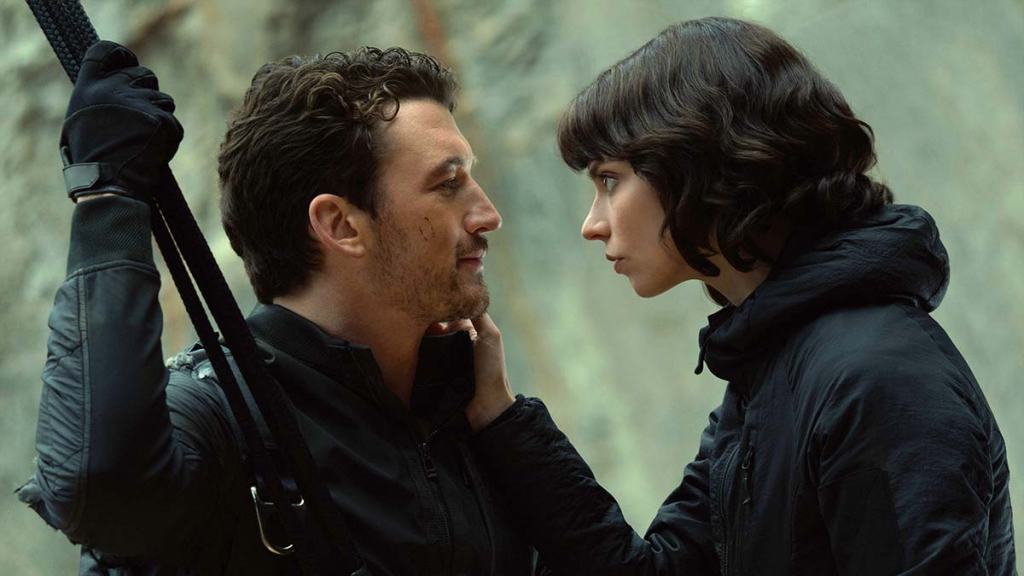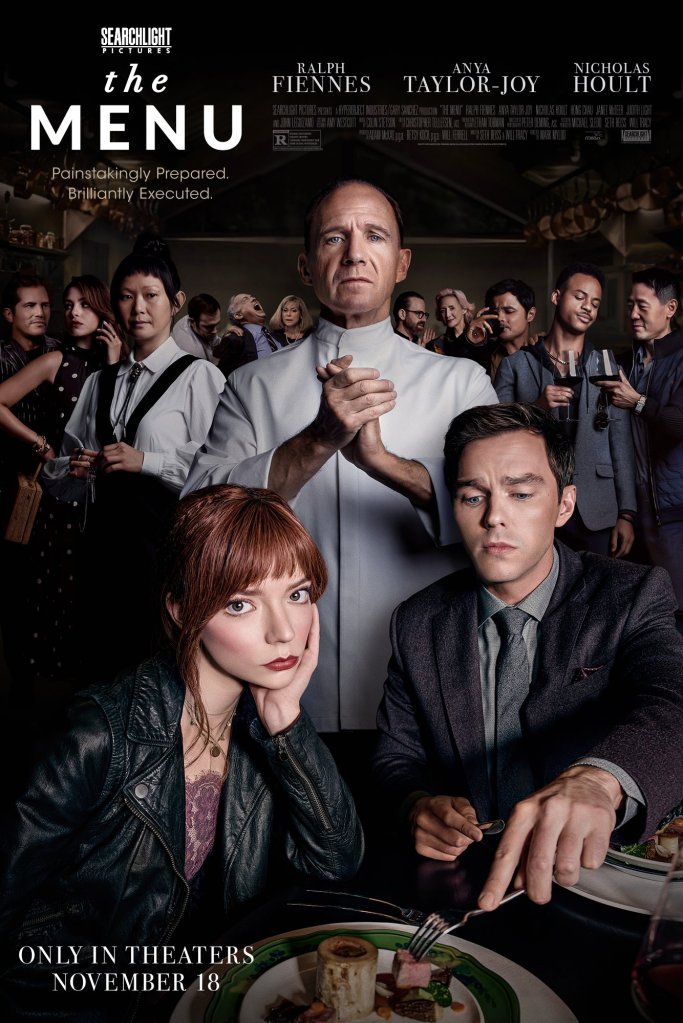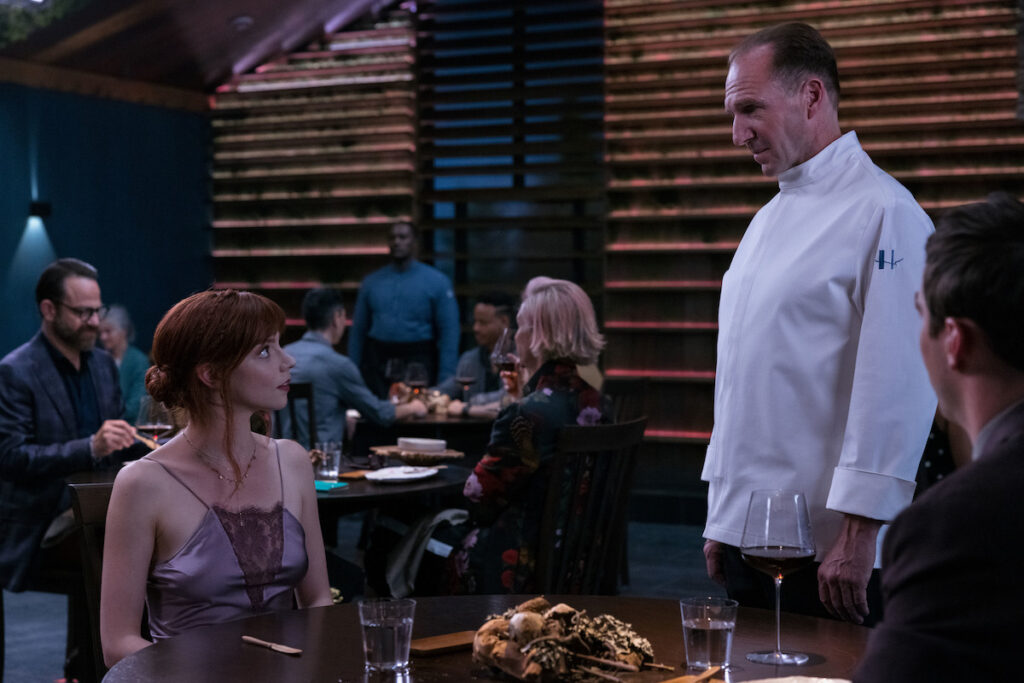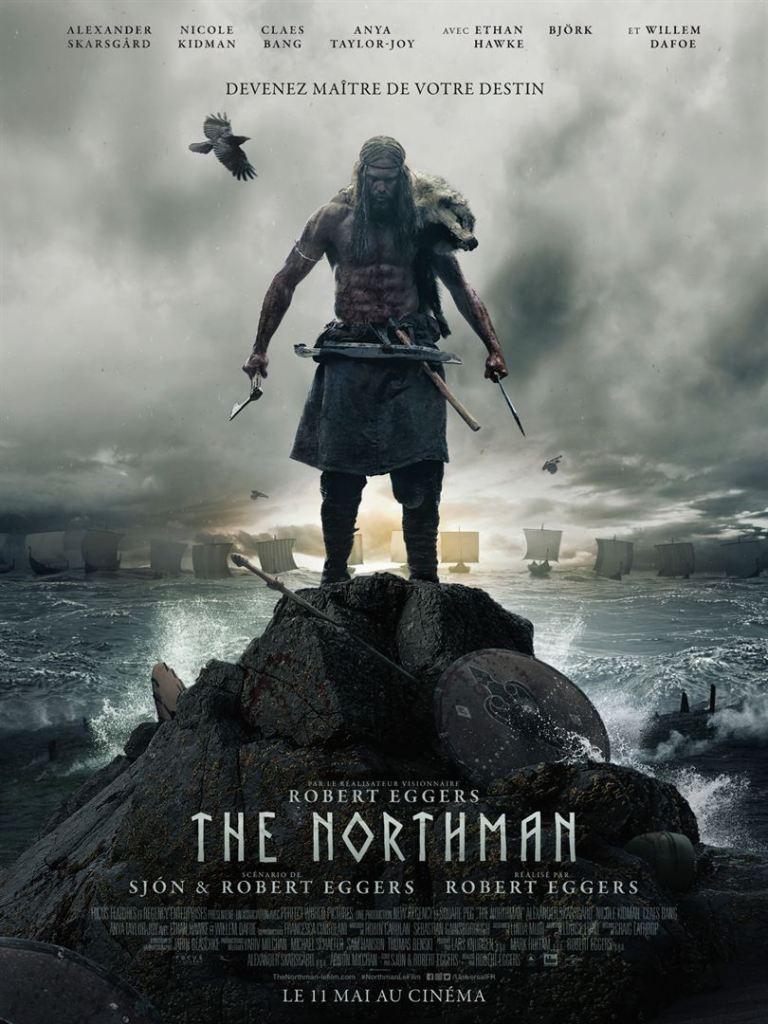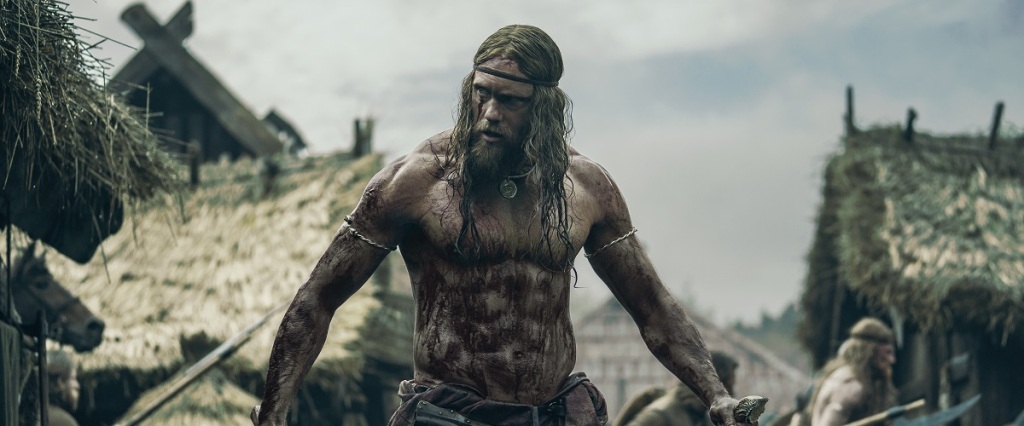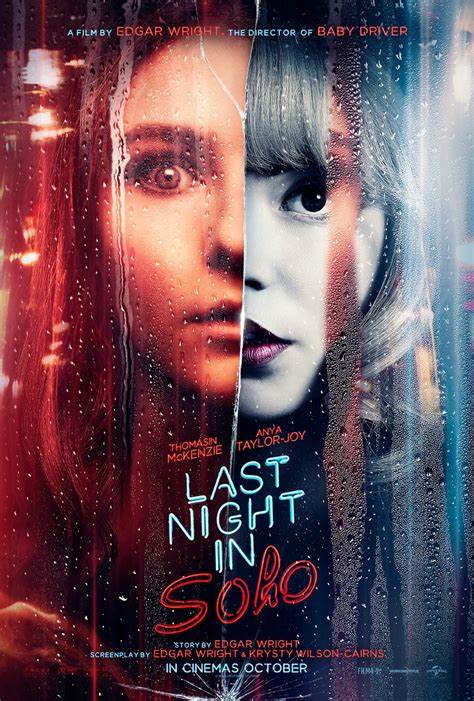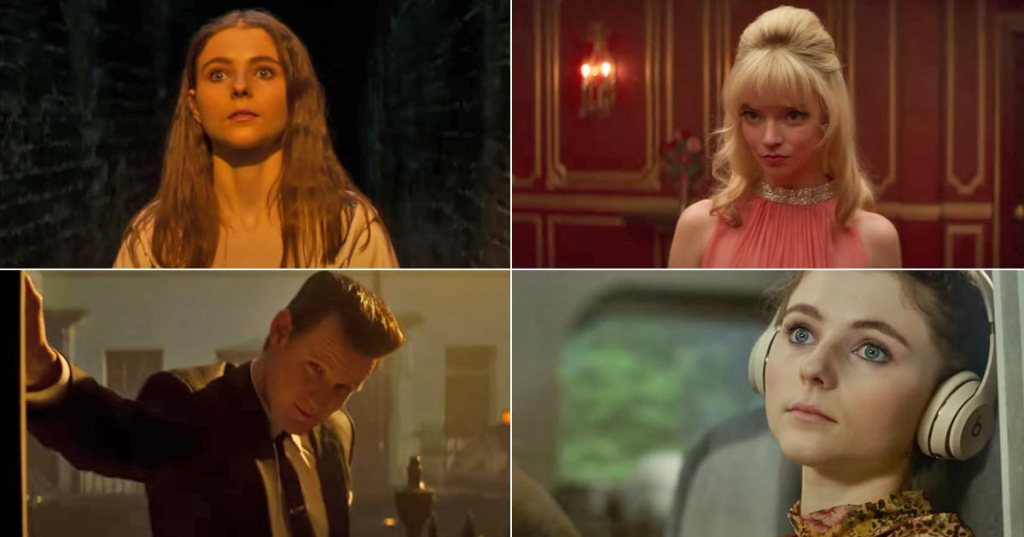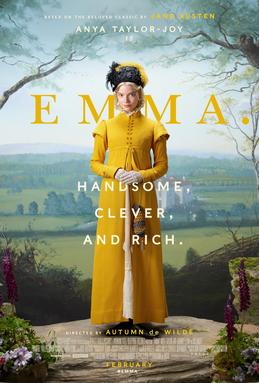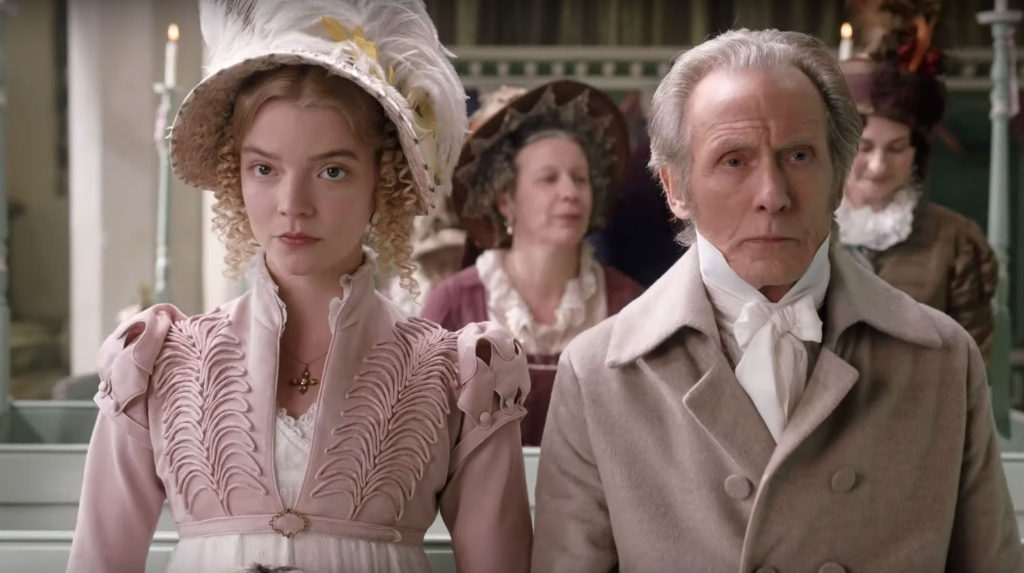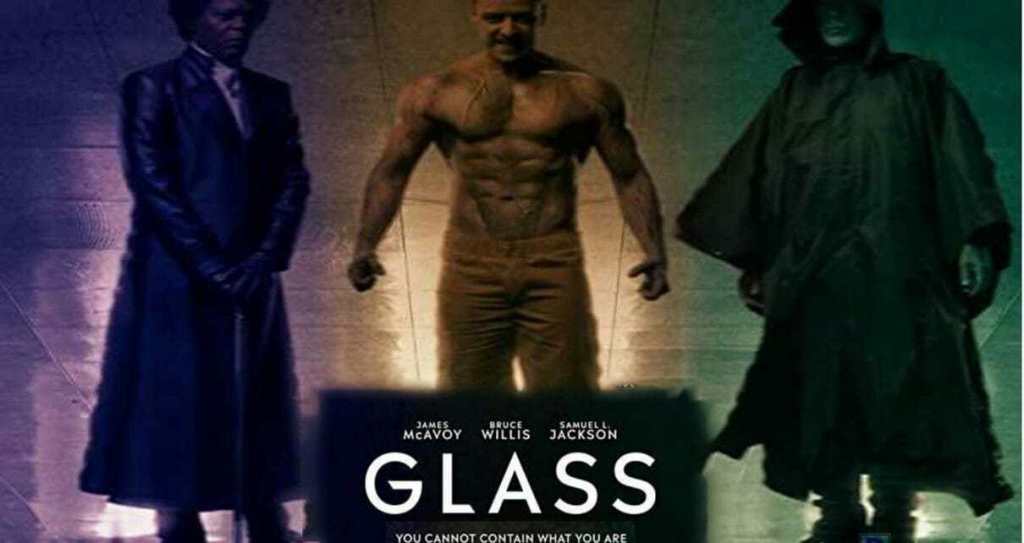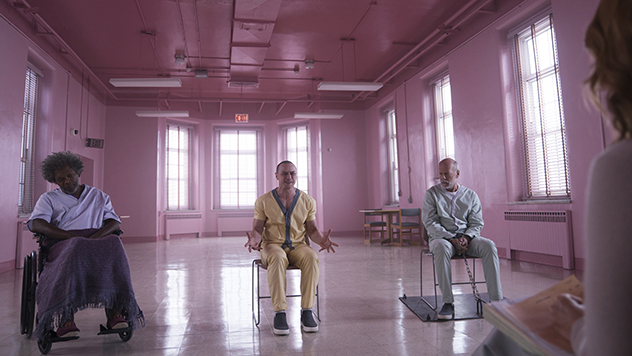Apple TV+ Film Review: The Gorge (2025)
Directed by Scott Derrickson
Written by Zach Dean
Produced by David Ellison, Dana Goldberg, Don Granger, Scott Derrickson, C. Robert Cargill, Sherryl Clark, Adam Kolbrenner, Zach Dean and Gregory Goodman.
Main cast: Miles Teller, Anya Taylor-Joy, Sigourney Weaver and Sope Dirisu.
Cinematography by Dan Laustsen
Action romance genre films are notoriously tricky to get right because they require a delicate balancing act between two genres that often have conflicting priorities. So, for every great action romance film such as The African Queen (1951), Romancing the Stone (1984), Last of the Mohicans (1992), and Casino Royale (2006), you can end up with unbalanced and indifferent ones like: Mr. & Mrs. Smith (2005), The Tourist (2010), This Means War (2012), and the recent filmic travesty, Ghosted (2024).
Successful action romance films must find the sweet spot between playing with high-stakes action, pulsating adventure and effervescent charm. Above all else, as the vehicles race, hearts pound and bullets ping there must be electricity and chemistry between the two leading actors. The audience must care not only about the characters, but must believe the characters care passionately for each other as they fight to survive. A successful combination of action, pace, wit, charisma and emotional depth is the key. So, does the recent Apple TV+ blockbuster, The Gorge (2025) achieve this difficult feat? I think overall it does, even considering that it even throws in fantastical horror elements too.
Scott Derrickson, a really good genre filmmaker, directs Miles Teller as Levi Kane, and Anya Taylor-Joy as Drasa. They are two highly-trained East / West operatives appointed to guard towers on opposite sides of a vast and highly classified gorge, protecting the world from a mysterious evil that lurks within. They are each advised NOT to make contact with the other, but rules are made to be broken eh! A lot of fun is had as the two court each other. The two characters redefine the meaning of a long-distance relationship. After connecting romantically across the gorge Levi and Drasa’s passion is then threatened by the hideousness that lies beneath. When the action kicks in the established romance really made me care about these characters, even as further incredible plot details are revealed.
I had an absolute blast with The Gorge (2025). It’s just the kind of big-budget-B-movie I enjoy when done right. With its seriously attractive leads, a shadowed, stylish setting, and a story that gleefully veers into the fantastical and downright monstrous, it was a wild ride from start to finish. Anya Taylor-Joy and Miles Teller share an electric physical and emotional chemistry that truly lights up the screen as every moment they’re together feels charged. Moreover, the action sequences are sharp, inventive, and genuinely thrilling. The Gorge (2025) is the kind of guilty pleasure film that I don’t feel guilty about enjoying at all. Stylish chaos, star power, and some surprisingly sincere moments? I was all in!


